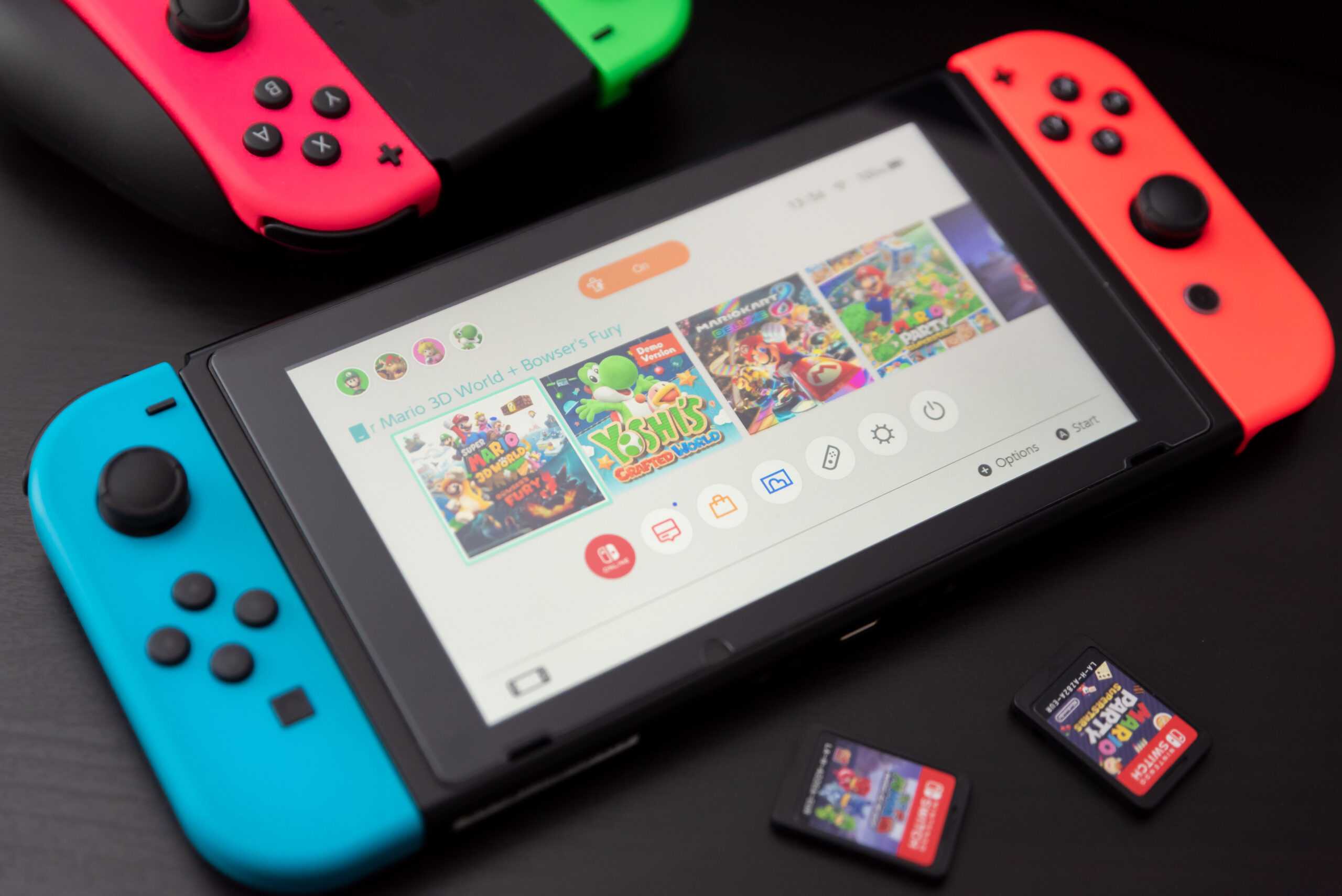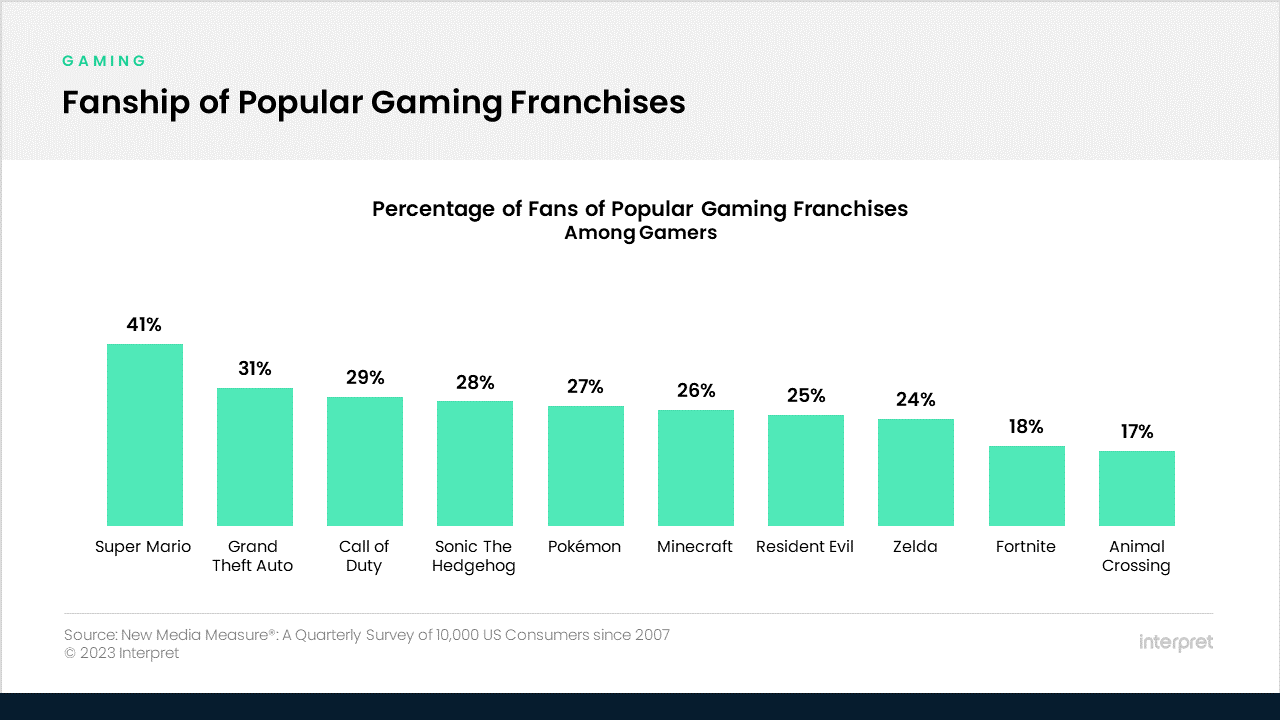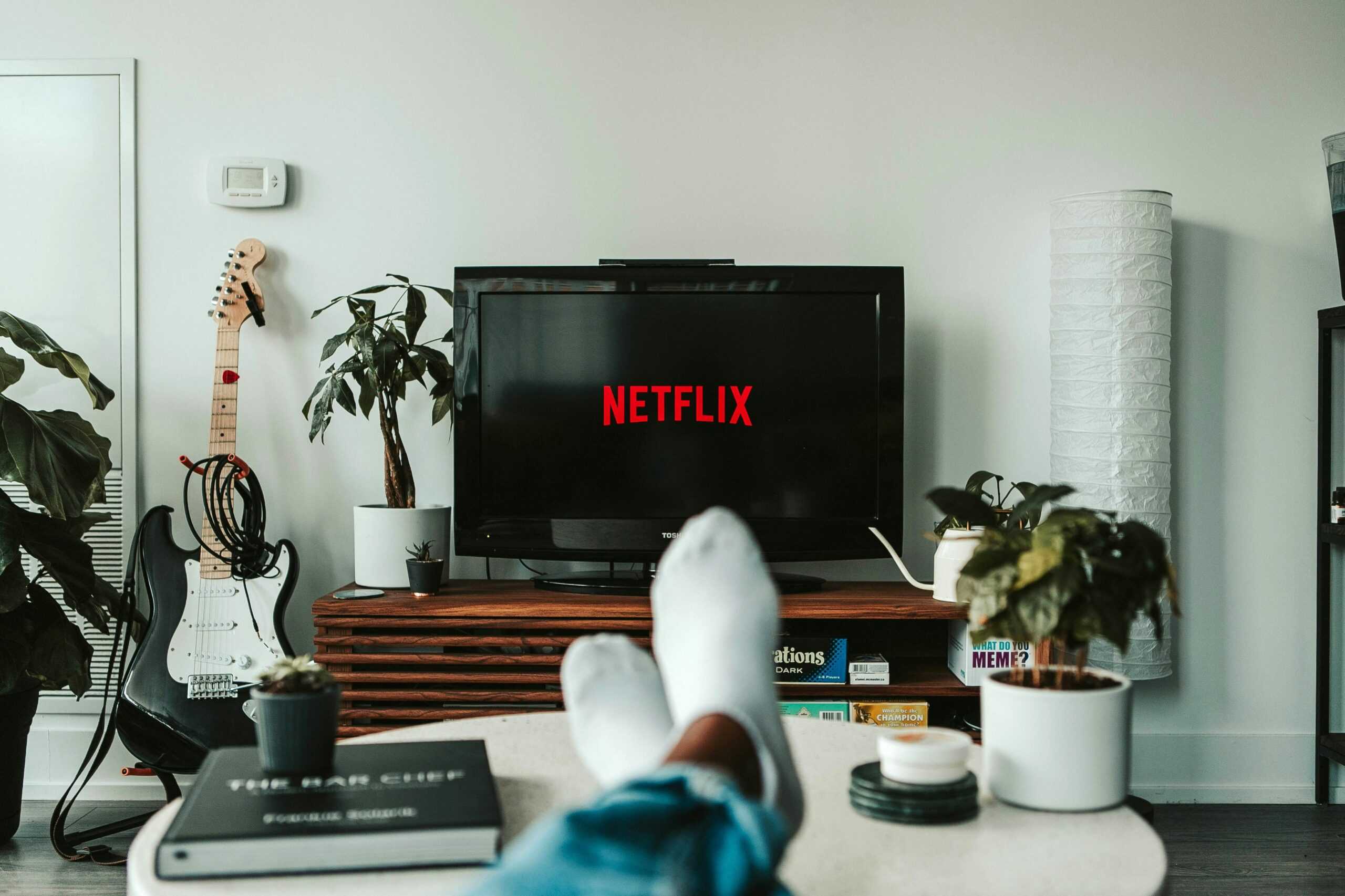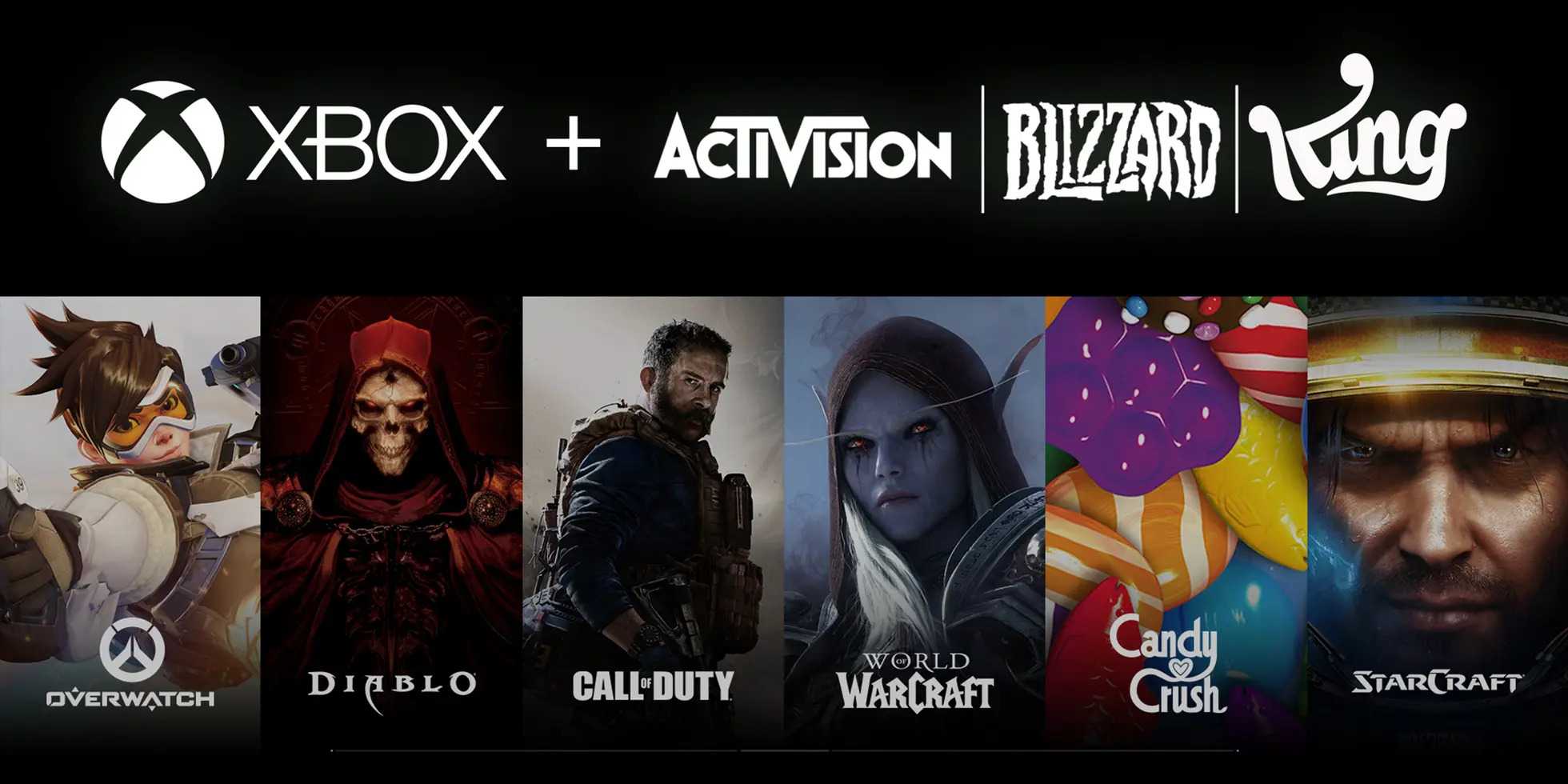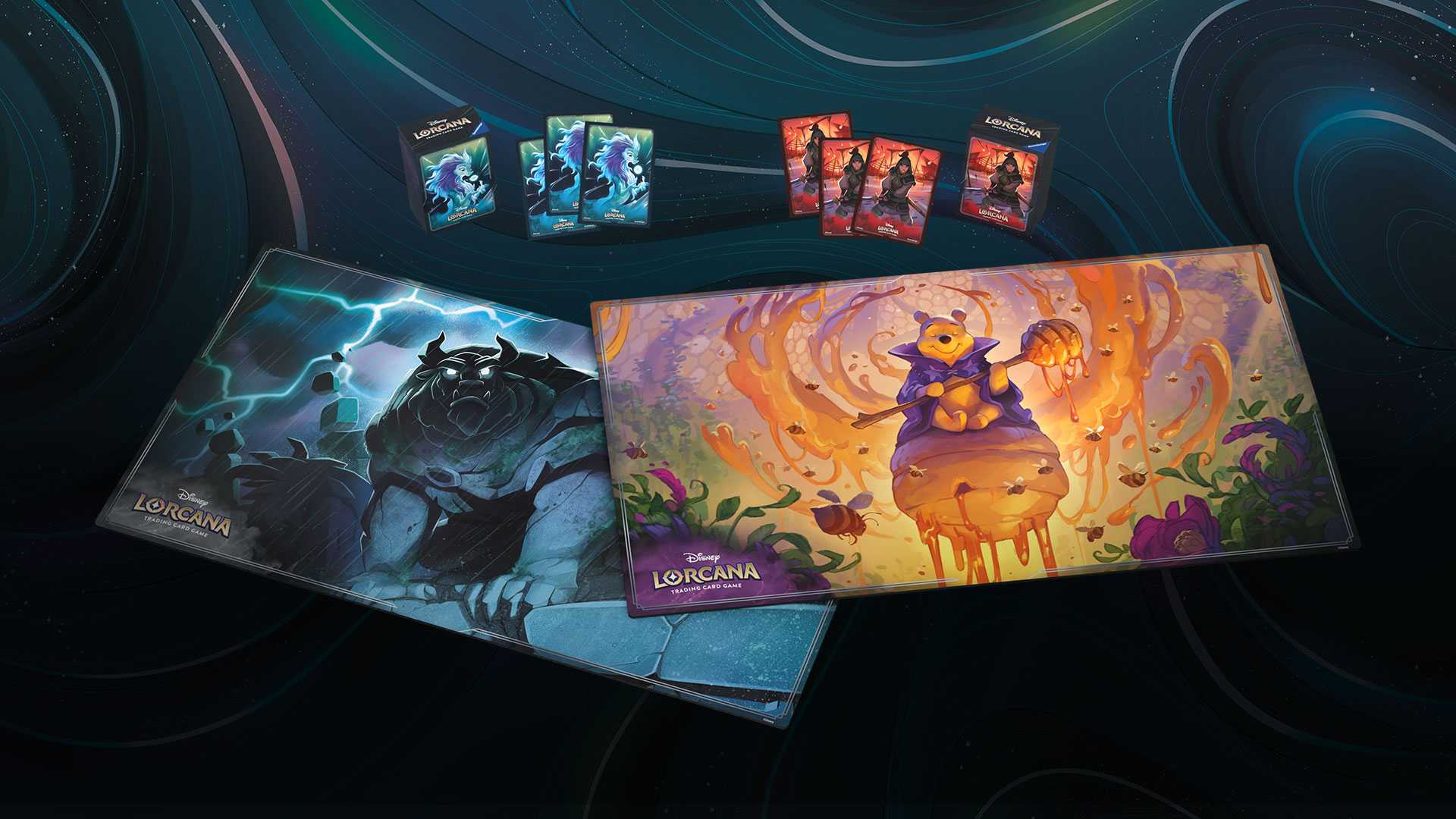Last year, the Nintendo Switch leapfrogged the popular Wii to become the Japanese company’s best-selling console in its storied history. A year later, the Switch’s continued success has driven the system to new heights, as it’s now the third best-selling console ever, with more than 122 million units sold, surpassing both Sony’s PS4 (117 million sold) and the iconic Game Boy (118 million).
The fact that the Switch has managed to keep up this momentum as it enters its seventh year on the market, and in the face of next-gen launches from Xbox and PlayStation, is a testament to not only the system’s hybrid portable nature (which is proving popular with Valve’s Steam Deck as well), but more importantly the sheer popularity of its IP.
The various Pokémon games for the Switch have sold well over 60 million copies combined, meaning that, incredibly, about half of the Switch audience owns at least one Pokémon title. The most recent Pokémon Scarlet and Violet garnered over 20 million sales in its first six weeks on sale, making it the fourth best-selling game in the franchise. The evergreen Mario Kart 8 Deluxe isn’t far behind with more than 52 million copies sold, while Animal Crossing has sold around 42 million units so far.
The “content is king” mantra fully applies to the Switch. Over its six years on the market, the Switch console is just shy of selling 1 billion games across both physical and digital. Nintendo has never offered quite the slate of third-party games as Microsoft and Sony, but it doesn’t need to either. Its own exclusive library of first-party content is the main driver of success, especially for the Switch.
Interpret’s New Media Measure® data backs up the vital importance of Nintendo’s IP. Super Mario, Pokémon, Zelda, and Animal Crossing are among the franchises with some of the highest fanship levels (within the US gaming population). And while not exclusive, other popular franchises like Minecraft, Sonic, and Fortnite are available to (and have resonated with) the Switch audience.
At this point in the lifecycle, Nintendo brass are no doubt planning a follow-up to the Switch, although there’s been no official word about a new console. Whenever a new system does arrive, it’s going to have a tall order to match or exceed what the Switch has accomplished.
